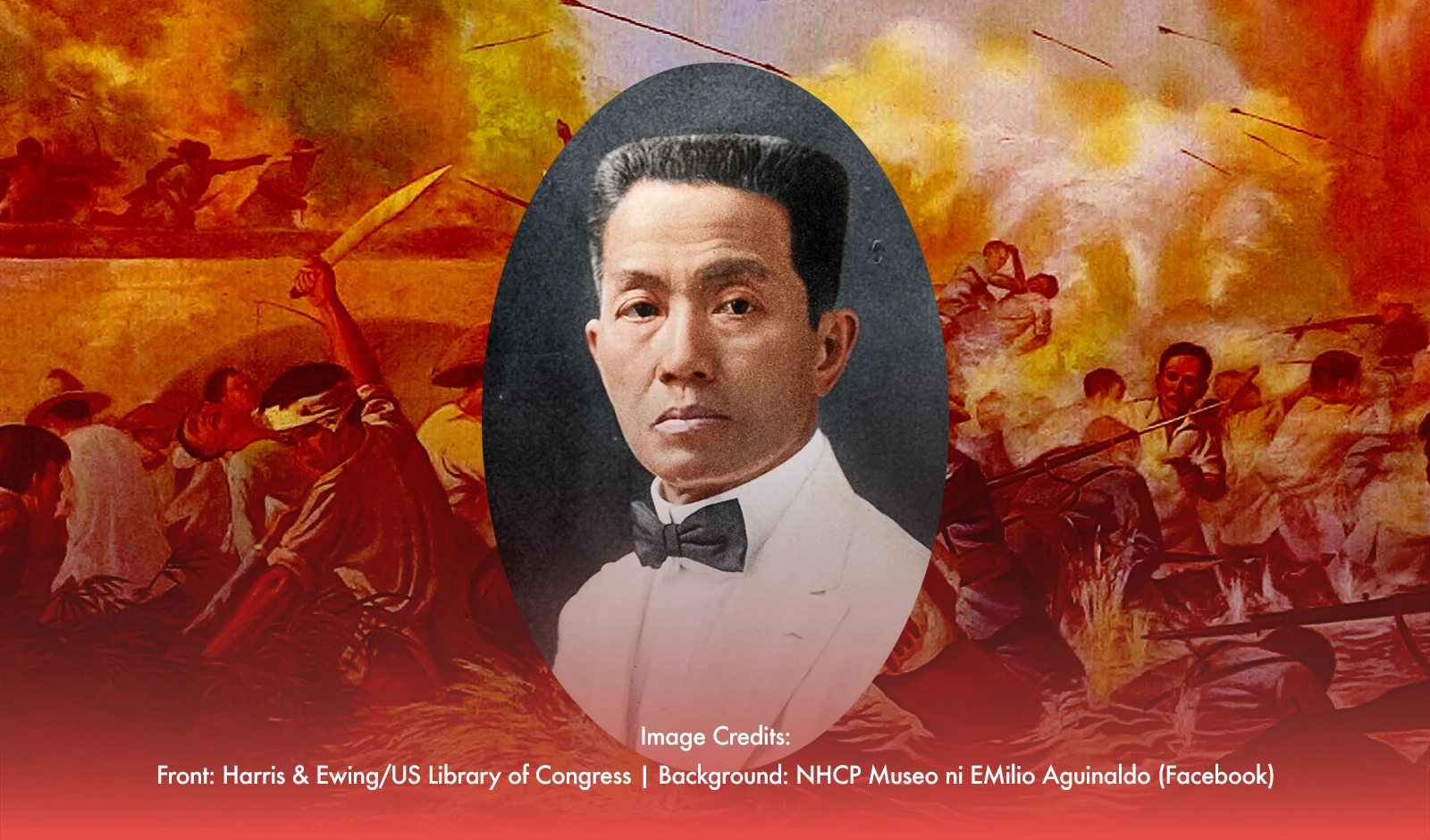Emilio Aguinaldo is celebrated as the first president of the Philippines and a pivotal figure in the nation's struggle for independence. However, his path to power was marked by significant controversies, leading some to question whether he truly represented the ideals of the revolution he led. Was Aguinaldo a national hero, or did he betray the very cause he fought for?
A Revolutionary Hero
Aguinaldo’s rise to prominence began in the Philippine Revolution against Spanish colonial rule. Born in 1869 in Cavite, he became a leading figure in the Katipunan, a secret society aiming to gain independence from Spain. After several key military victories in Cavite, Aguinaldo was elected president of the revolutionary government in 1897. Upon returning from exile in Hong Kong in 1898, he declared Philippine independence from Spain on June 12, a historic moment now celebrated annually. For many, Aguinaldo’s declaration remains his greatest achievement and a defining moment in the nation's fight for freedom.
The Bonifacio Controversy: A Betrayal?
However, Aguinaldo’s leadership was not without its controversies. One of the most significant is his role in the execution of Andrés Bonifacio, the founder of the Katipunan. Bonifacio, who had originally led the revolution, opposed Aguinaldo’s leadership and the direction of the movement. In 1897, Bonifacio was arrested, tried, and executed by Aguinaldo’s forces, a decision that has since been debated. Some view this as a political move to eliminate a rival, questioning whether Aguinaldo’s actions betrayed the revolution’s original ideals.
The Luna Assassination: A Crisis of Leadership
Another dark chapter in Aguinaldo’s presidency was the assassination of General Antonio Luna in 1899. Luna, a brilliant military commander, clashed with Aguinaldo over military strategy during the Philippine-American War. Though Aguinaldo did not directly order Luna’s death, many believe his loyalists were behind the assassination. Luna’s death dealt a blow to the Filipino resistance and further tainted Aguinaldo’s image as a leader committed to the cause of independence.
A Complex Legacy
Emilio Aguinaldo’s legacy is deeply complicated. While he played a central role in declaring Philippine independence, his actions—especially the deaths of Bonifacio and Luna—raise questions about his true commitment to the revolution. Was he a hero who made difficult choices for the nation’s greater good, or did he betray the revolution for personal power?








